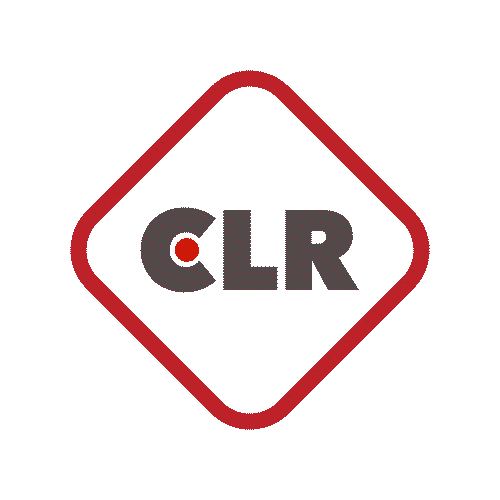“Decent Work” in Albania, Monitoring of the programme / agenda of the political parties in Albania during April 2017

The Centre for Labour Relations and Social Dialogue (CLRSD) which is recently established aims to contribute to adequate observance of the labour rights. The CLRSD, with the support of The Olof Palme International Centre and funds from Swedish Government, Sida Office in Tirana, is carrying out a monitoring process aiming to assess the inclusion of the Decent Work in the programmes of the political parties which are represented in the current Parliament.
The Decent Work is key to reducing poverty and achieving inclusive and sustainable development. The project aims to assess the political programmes and public discussions on decent work by the political parties before and during electoral campaign for the forthcoming general elections on 18 June 2017.The EU Progress Report 2015 clearly states that there is need to do more regarding promotion of employment, workplace health and safety issues and tripartite dialogue. Therefore, it is quite relevant that all political factors need to adequately address all these issues.
According to International Labour Organisation the Decent Work is one of the most important challenges for the developing countries which should be sufficiently addressed by the governments. The Decent Work is also a contractual obligation of the Albanian Government and all political and public institutions due to the Albanian membership in ILO, ratification of its conventions and ratification of the UN Resolute on Sustainable Development Goals.
The political organisations which at present have at least one seat in the parliament and aspire to gain seats in the new parliament are expected to have as part of their programme the inclusion and consideration of the four components of the Decent Work:
Employees rights
Employment policies
Social protection
Social Dialogue
Review and assessment by the CLRSD until 1 May 2017 shows:
Employment policies and social protection are extensively considered and included in all programmes without exception;
The main focus remains on the reducing the social pressure and challenges through promoting employment;
However, the employees’ rights are considered from little to none. Social Movement for Integration is the only party so far that mentions the rights of the employees in the market;
Social dialogue (tripartite) is not considered or referred to any of the political programmes
More concretely:
Political programme of the Socialist Party considers and incudes in specific chapters employment policies and social protection
Considers as direct impact on employment the government policies and development of vocational education.
Considers tackling the poverty as public obligation and duty through social benefits for the vulnerable groups, i.e retired citizens (pensioners).
Democratic Party promotes employment through encouraging entrepreneurship policies
Employment is considered linked with free entrepreneurship without the influence of the state.
Social protection is considered as a combination of free market economy mechanisms and state institutions’ responsibility to ease negative impact of the market
Party for Democracy Integration and Unity links employment and social protection to the local government policies
Party for Human Rights does not present any information on its political platform or programme
Republican Party programme starts by mentioning economic development and employment
Links employment with economic development due to market mechanisms and not due to government policies.
Social protection is focused on vulnerable groups, orphans, special needs, etc.
Political programme of LIBRA is focused mainly on identification of the problems and their presentation rather than solutions
Recognizes social differentiation as the fundamental problem of the society .
Considers as guarantee for employment the role of state.


Thank you for your sharing. I am worried that I lack creative ideas. It is your article that makes me full of hope. Thank you. But, I have a question, can you help me?